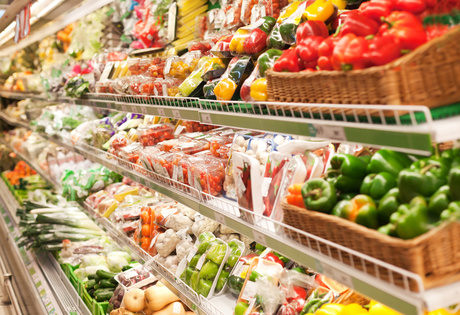Retailers pushing for more shelf life

Everything would be so much simpler in the food industry if food didn’t go off. As it is, the perishability of food makes the storage and distribution so much more complicated.
Metcash’s recent letter to its suppliers outlining its new shelf-life policy for perishable groceries just underlines how important ‘freshness’ is to the food industry — not just in getting the freshest products to consumers but also getting the freshest products into the stores.
From 1 October, Metcash will be rejecting deliveries to its distribution centres if stock is too close to its expiry.
Aldi is also revamping its buying model with a centralised system involving long-term, flexible supplier contracts aimed at getting a better deal for fresher produce, commencing next year. While around 91% of Aldi’s fresh fruit and vegetable offerings are Australian grown the company lags behind the other major retailers in the public’s perception of its produce’s freshness and quality. It is hoped that by streamlining their buying processes and working with local produce growers the company will ensure the freshest possible fruit and vegetables at the best prices reaching its stores. Then the retailer will offer more competition to Coles and Woolworths in the fresh produce sector.
All of this emphasises the importance of shelf life in the $90 billion supermarket sector. As suppliers to the major food retailers, food and beverage manufacturers are going to have to become even more vigilant in their production schedules as they strive to maximise the shelf life left on the items they deliver to the distributors.
In Australia and New Zealand, use-by dates are mandated if nutrient levels decline to unacceptable levels in a food intended by the manufacturer to form the sole source of nutrition for a person’s diet for a specified period or the food can become microbiologically unsafe before the food noticeably spoils.
If consumer health and safety will not be compromised by a product’s age, ‘best before’ dates can be used.
Date marking of foods is regulated by Standard 1.2.5 — Date Marking of Food of the Australia New Zealand Food Standards Code.
It is the manufacturer’s responsibility to determine shelf life. Reliable use-by or best before times cannot be determined by guesswork or by copying the shelf life of a competitor’s product.
The length of the use-by time for foods can be determined by using storage trials to estimate the physical, chemical and microbiological stability of the food. Interpretation of results requires technical experience and competence. Some products will require additional studies such as computer models of microbial growth or challenge studies.
ST. ALi doubles capacity with second coffee packaging machine
In order to meet growing demand for its product, coffee brand ST. ALi has added another coffee...
Powdered plant milk designed to cut packaging and emissions
Bare*ly Mylk, a startup founded by Monash University alumni, has developed powdered plant milk to...
Linerless packaging design for kiwi fruit rebrand
Global kiwi supplier Zespri has collaborated with Tesco for its packaging revamp that is designed...










